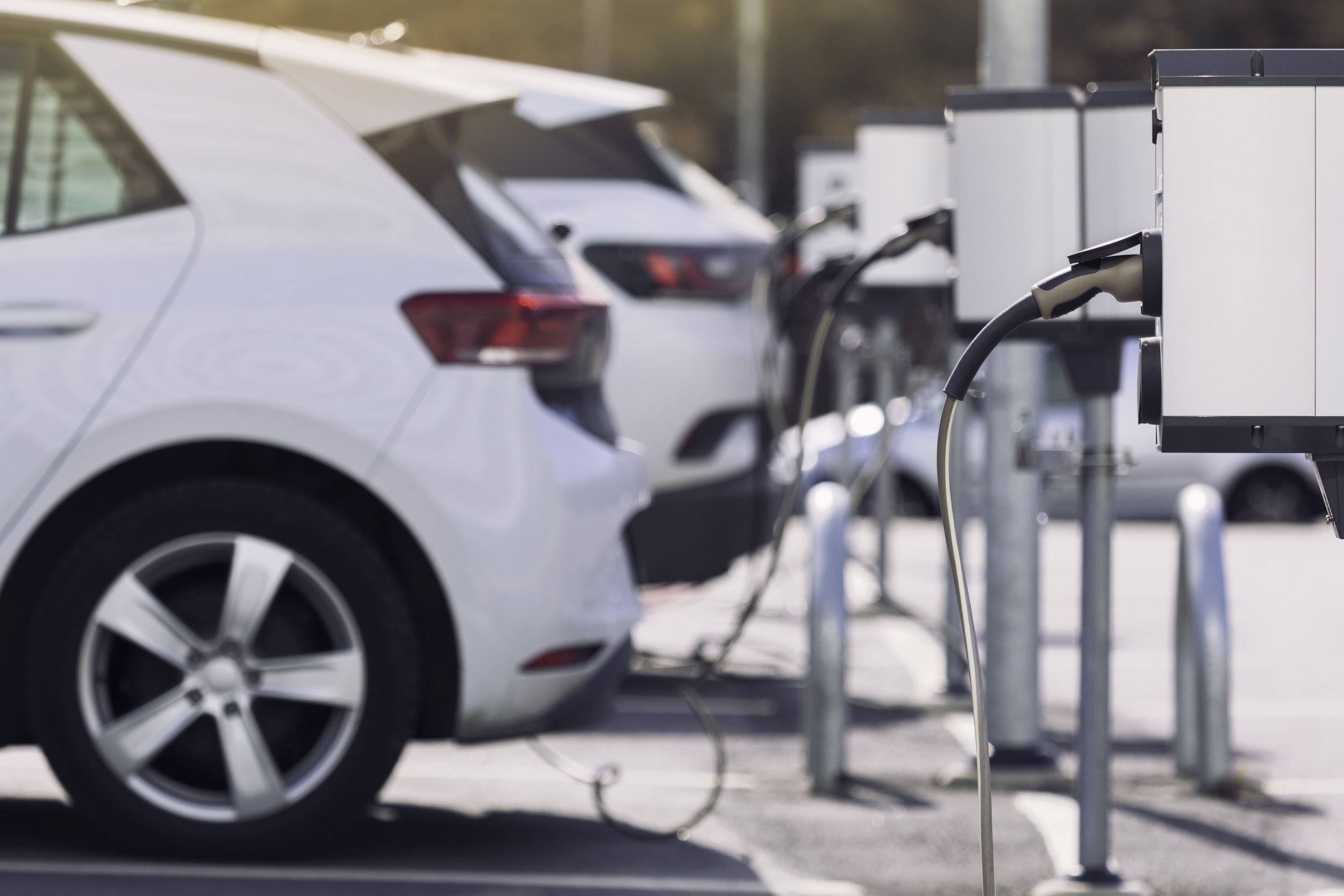
Funding, Financing, & Investment Strategies to Advance Clean Mobility Infrastructure in Priority Communities
May 2024
The transition to 100 percent zero-emission vehicle (ZEV) sales by 2035 will require massive investment in electric vehicle charging infrastructure throughout California and in other states that have adopted the same phaseout targets. Ensuring that California’s priority populations are included in and benefit from the ZEV transition in a timely manner will rely heavily on proactive strategies that deliver equitable access to public charging infrastructure.
Given the many billions of dollars needed to expand public charging infrastructure in the coming decade and the limitations of city and county budgets, it is clear that funding and financing innovations will be necessary. Local leaders will need to carefully design programs to meet communities’ mobility needs and promote EV interest and access for all. They will also need to ensure that revenue sources are equitable, reliable, long-term, and developed through community partnerships.
As part of our joint Equitable Mobility Initiative, the ProspectSV and Center for Law, Energy and the Environment (CLEE) convened an advisory group of experts in climate and public finance, clean mobility, and city infrastructure investment to develop innovative proposals to address this challenge. Our resulting report outlines the top financing and revenue strategies identified by the group to bring city-scale and mobility infrastructure solutions to fruition. Key strategies include:
Pair city-guaranteed charger utilization with fleet charging to jumpstart EV charger deployment in priority communities.
Develop clean mobility hubs using a combination of public and private funds and/or partnerships.
Leverage state green bank financing programs that can allocate dedicated funds toward equitable mobility projects.
Use general obligation and revenue bonds to build EV charging and mobility infrastructure.
The insights and analyses in this report are intended to guide local leaders as they develop public EV charging infrastructure. By pairing equitable investment principles with innovative financing and revenue models, EV charging developers can help ensure that California’s clean mobility transition adequately serves community needs.
Contact Carolyn Weisman or Ilse Villacorta-Alatriste for more information.
